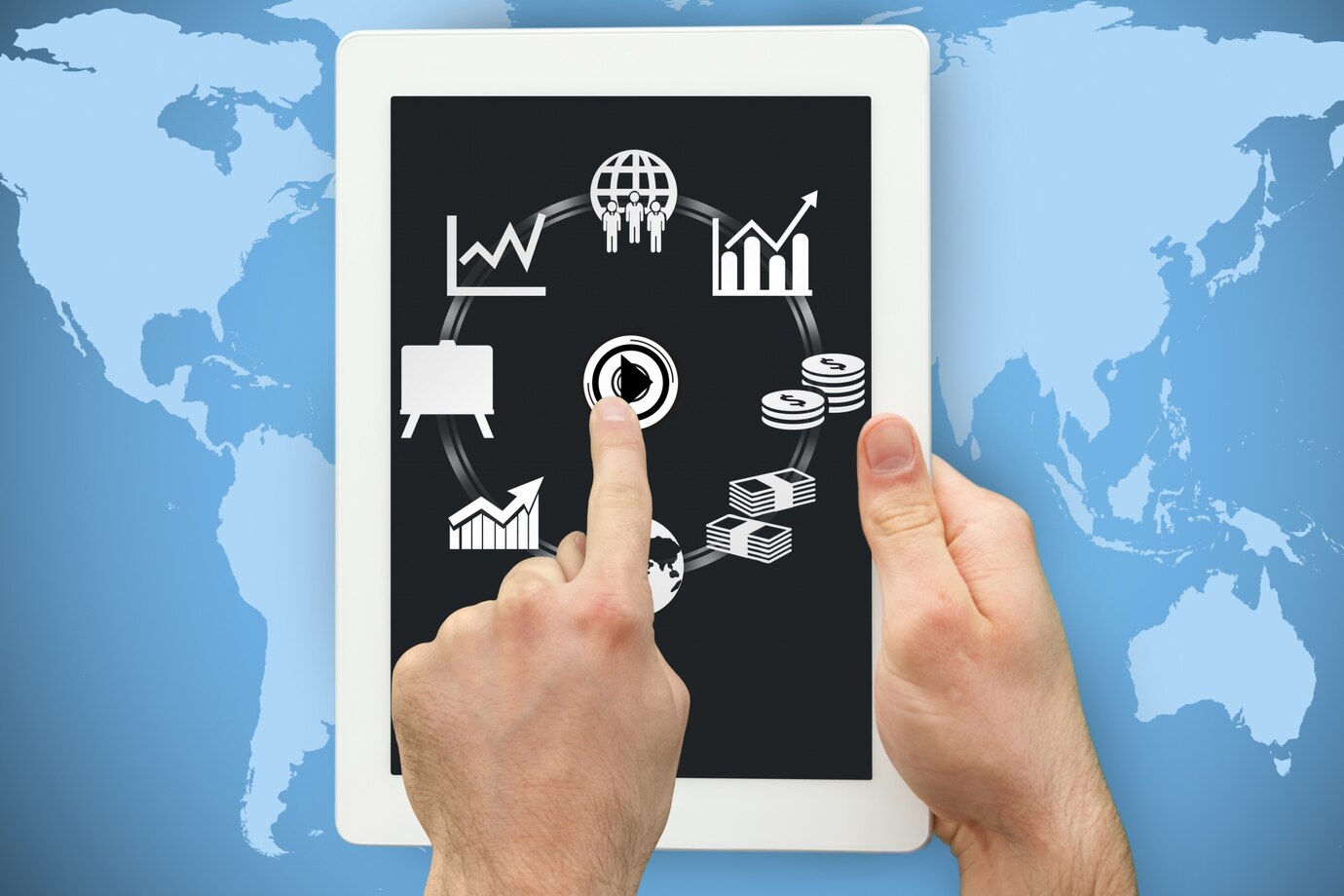As organizations strive to maintain competitiveness and profitability, understanding the evolving role of technology in cost control is paramount. Let's explore the latest trends and innovations shaping the landscape of cost control:
1- Automation and Robotics: Automation technologies, including robotic process automation (RPA) and robotic systems, are revolutionizing cost control by automating repetitive tasks, reducing manual errors, and enhancing operational efficiency. In manufacturing, robots are increasingly used for tasks such as assembly, packaging, and material handling, leading to lower labor costs and improved productivity. In administrative functions, RPA solutions automate routine processes such as data entry, invoice processing, and customer service, freeing up employees to focus on higher-value activities.
2- Data Analytics and Business Intelligence: Data analytics and business intelligence (BI) tools empower businesses to extract actionable insights from vast amounts of data, enabling informed decision-making and proactive cost control strategies. Advanced analytics techniques, such as predictive analytics and machine learning, help businesses identify cost-saving opportunities, optimize pricing strategies, and forecast demand more accurately. Moreover, BI dashboards and reporting tools provide real-time visibility into key performance metrics, allowing management to monitor expenses, track trends, and measure the effectiveness of cost control initiatives.
3- Cloud Computing and SaaS Solutions: Cloud computing and software-as-a-service (SaaS) solutions offer cost-effective alternatives to traditional on-premises software, enabling businesses to access scalable computing resources and software applications on-demand. Cloud-based accounting, ERP, and expense management systems provide businesses with the flexibility and agility to manage finances, streamline operations, and control costs more effectively. Moreover, cloud-based collaboration tools facilitate remote work and collaboration, reducing overhead costs associated with office space and infrastructure.
4- Internet of Things (IoT) and Connected Devices: The Internet of Things (IoT) ecosystem, comprising interconnected sensors, devices, and equipment, is transforming cost control by enabling real-time monitoring, predictive maintenance, and asset optimization. IoT sensors embedded in machinery, vehicles, and facilities collect data on performance, energy consumption, and usage patterns, allowing businesses to identify inefficiencies, prevent equipment failures, and optimize resource utilization. By harnessing IoT technology, businesses can reduce operational costs, extend asset lifecycles, and improve overall efficiency.
5- Blockchain and Supply Chain Management: Blockchain technology holds promise for enhancing transparency, traceability, and efficiency in supply chain management, thereby reducing costs and mitigating risks. By leveraging blockchain-based platforms, businesses can track the provenance of products, verify authenticity, and streamline supply chain processes such as procurement, logistics, and inventory management. Smart contracts powered by blockchain enable automated, secure transactions, reducing administrative overhead and eliminating intermediaries, thereby driving cost savings and process efficiencies.
6- Artificial Intelligence and Predictive Analytics: Artificial intelligence (AI) and machine learning algorithms are increasingly used to analyze data, identify patterns, and predict future outcomes, enabling businesses to anticipate risks, optimize resource allocation, and make proactive decisions to control costs. AI-powered forecasting models help businesses predict demand, optimize inventory levels, and minimize stockouts, reducing carrying costs and improving supply chain efficiency. Moreover, AI-driven predictive maintenance solutions enable businesses to identify equipment failures before they occur, reducing downtime and maintenance costs.
7- Digital Transformation and Process Optimization: Digital transformation initiatives encompass a wide range of technologies and strategies aimed at digitizing processes, enhancing agility, and driving efficiency across the organization. From workflow automation and document management to customer relationship management (CRM) and e-commerce platforms, digital transformation initiatives enable businesses to streamline operations, reduce administrative overhead, and improve customer engagement while controlling costs effectively.
In conclusion, technology plays a pivotal role in cost control, enabling businesses to optimize operations, enhance efficiency, and drive sustainable cost savings. By embracing automation, data analytics, cloud computing, IoT, blockchain, artificial intelligence, and digital transformation initiatives, businesses can gain a competitive edge in today's digital economy while maintaining profitability and resilience in the face of evolving challenges. As technology continues to advance, businesses that leverage innovative solutions to drive cost control will be better positioned to thrive and succeed in the marketplace.





